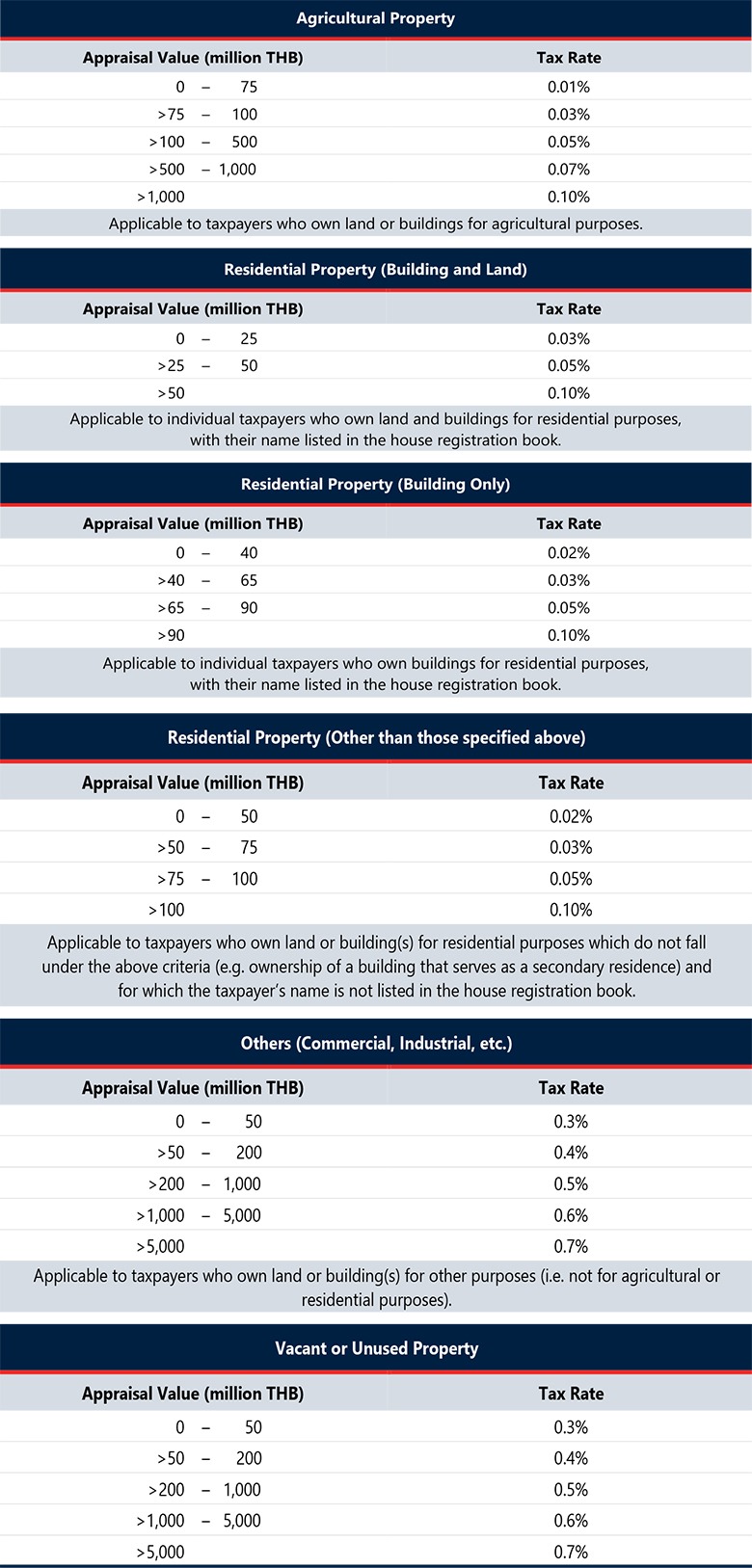On July 19, 2024, Cambodia’s Ministry of Land Management, Urban Planning, and Construction (MLMUPC) issued Prakas No. 050 on the Formalities and Procedure for Registration of Private Units in Co-owned Buildings Constructed before December 19, 1997. This new regulation aims to address the lack of clear guidelines for registering units in co-owned buildings constructed prior to 1997 and ensure protection of legal ownership rights for private owners of co-owned buildings constructed before December 19, 1997. Background Cambodia’s real estate market, including co-owned buildings and condominiums, has been experiencing rapid growth. As more individuals acquire separate units in co-owned buildings, the demand for proper registration of each unit has increased. While existing mechanisms like Sub-Decree No. 46 on Systematic Land Registration and Sub-Decree No. 48 on Sporadic Land Registration provide frameworks for registering immovable properties, they do not specifically address the registration procedure for co-owned buildings constructed before 1997. Definition of Co-owned Building A co-owned building contains “private units” exclusively owned by individual co-owners and “common areas” used by all co-owners. This includes various categories such as villas, semi-villas, attached houses, condominiums, and other types of houses with common structures. Application Documents The new prakas introduces a more straightforward documentation process for registering private units in buildings constructed before December 19, 1997, compared to previous regulations (specifically, Sub-Decree No. 126 on the Management and Use of Co-Owned Buildings). The required application documents now include: One copy of application form in Khmer Two copies of certified identification documents for each co-owner Two copies of certified documents of property ownership (if any) Notably, certain documents, such as the internal regulations and detailed architectural plan of the co-owned building, are not required. These more lenient requirements encourage more owners to register their private units, as it makes it easier to secure certificates and







